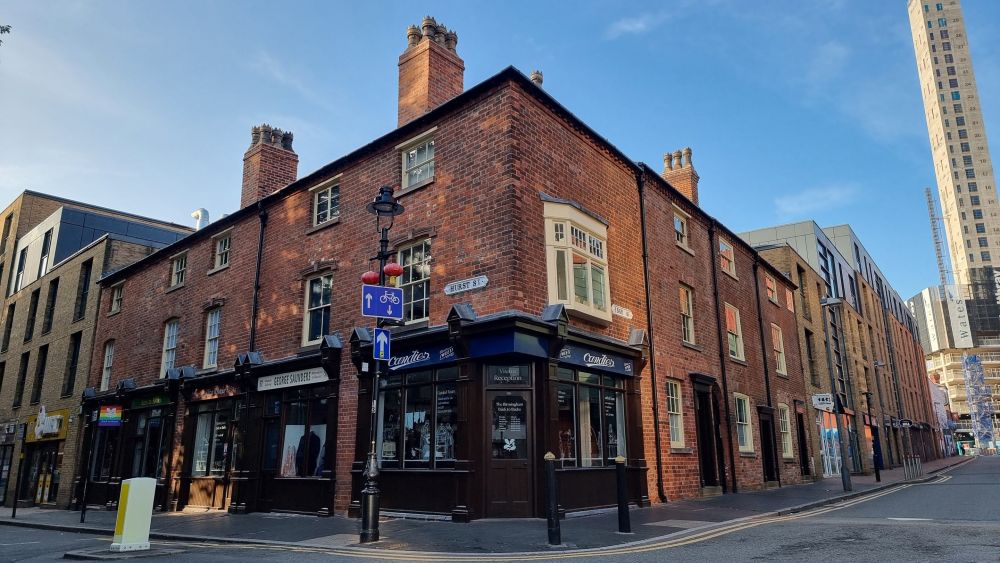

Nestled in the heart of Birmingham, the United Kingdom, the Birmingham Back to Backs stand as a testament to the city's rich industrial past. This charming court of 19th-century houses represents the last surviving court of back-to-back houses in Birmingham, offering a unique glimpse into the lives of the ordinary working people who played a pivotal role in Britain's Industrial Revolution.
The concept of back-to-back housing was born out of necessity during the rapid urbanization and industrialization of the 1800s. Designed to maximize space, these houses shared walls on three sides with other homes and faced onto courtyards. Due to the lack of proper sanitation and overcrowding, these back-to-backs were often associated with poor living conditions.
However, the Court 15 at the Birmingham Back to Backs, restored and preserved by the National Trust, offers visitors a rare opportunity to step back in time. The carefully conserved interiors of the houses depict various periods, ranging from the 1840s to the 1970s, reflecting the changes in living standards and lifestyle over more than a century.
The Birmingham Back to Backs became a focus for heritage and cultural tourism following their conservation and opening to the public in 2004. Since then, they have captured the attention of both domestic and international tourists, keen to understand more about Britain's urban working-class history.
The visitor experience is enhanced by guided tours, which bring to life the personal stories of the people who lived and worked here. The authenticity of these narratives and the engaging nature of the tours underscore the site's importance as a living history museum.
Following the global impact of the COVID-19 pandemic, there has been a notable shift towards local and 'staycation' tourism, with people rediscovering the historical treasures in their own cities and regions. The Birmingham Back to Backs have greatly benefited from this trend, as regional visitors explore the heritage sites in their vicinity.
The focus on sustainable tourism has also played a role in increasing the popularity of the Back to Backs, as travelers seek out destinations that offer educational and authentic experiences, rather than the typical commercialized tourist attractions. This has resulted in an appreciation of smaller, more intimate historical sites that can provide personalized visitor experiences.
With the rise of immersive technologies, there's potential for integrating virtual reality (VR) and augmented reality (AR) experiences to further enhance the storytelling characteristic of the Birmingham Back to Backs. Although traditional guided tours remain popular, the implementation of such technologies could represent the next step in the evolution of the site's visitor engagement strategy.
The Birmingham Back to Backs offer more than just a journey through the past; they provide an essential connection to the roots of the city's community and its development. Whether you're a history buff, an architecture enthusiast, or simply looking for a unique cultural experience, the Back to Backs stands as a proud beacon of Birmingham's identity, certain to enchant visitors for generations to come.